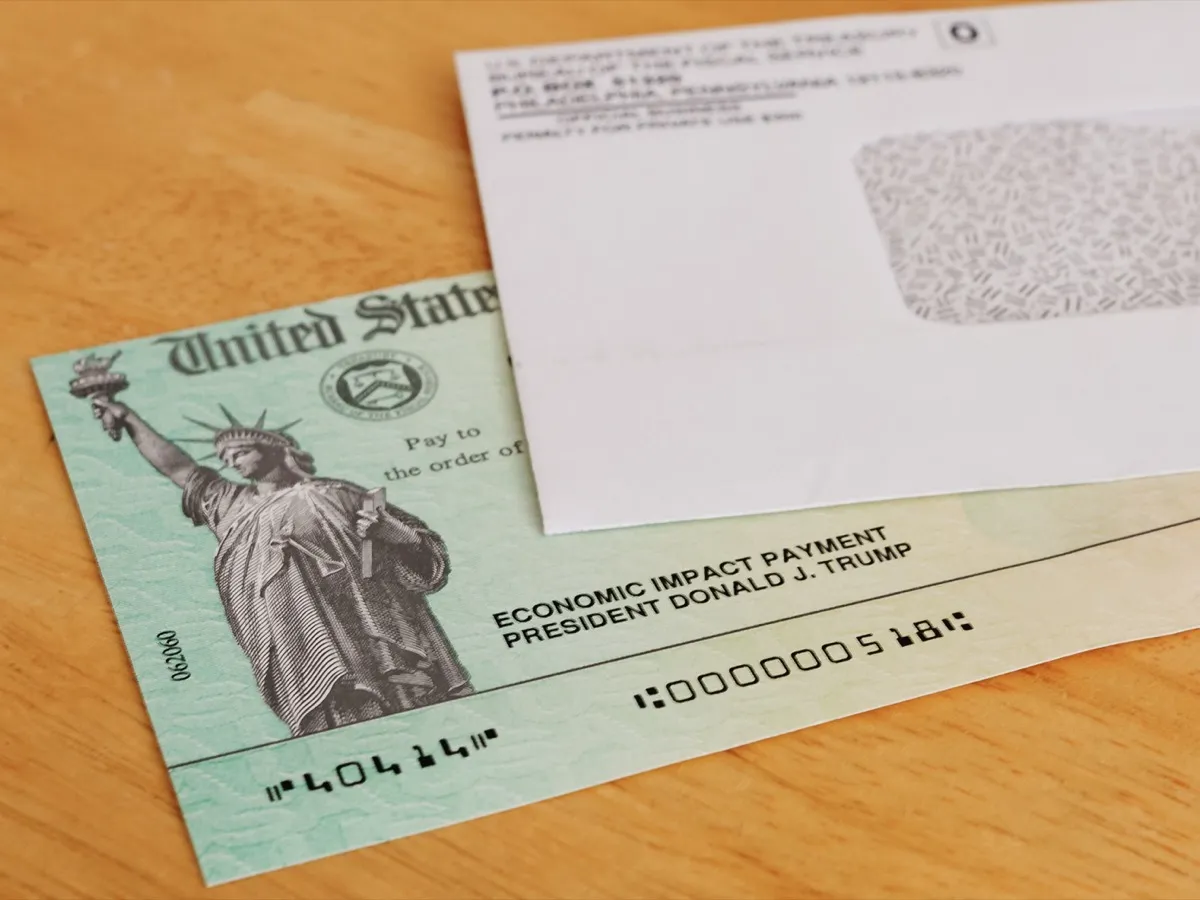The new law known as the Protecting Lawful Streaming Act, which had been introduced by North Carolina Sen. Thom Tillis earlier this month, was not developed to target “individuals who access pirated streams or unwittingly stream unauthorized copies of copyrighted works,” CNN reports. It instead penalizes larger “commercial, for-profit streaming piracy services” that break copyright law by illicitly streaming material without permission. “This commonsense legislation was drafted with the input of creators, user groups, and technology companies and is narrowly targeted so that only criminal organizations are punished and that no individual streamer has to worry about the fear of prosecution,” Tillis said in a written statement. Any violator of the law could face up to 10 years in prison and hefty fines. While it may sound like an obscure crime to commit, the piracy business is apparently booming: Tillis claims that the practice costs the U.S. economy about $30 billion annually. In fact, just last year, two pirate streamers from Las Vegas were arrested after it was discovered they had illegally provided original content from services such as Netflix and Hulu, with one netting more than $1 million. The bill has been sent to the White House, where President Donald Trump is now challenging it. But what other funding and laws were able to work their way in to the bill? Read on to find out, and for more on the latest with the pandemic, check out These Are the Only People Who Shouldn’t Get 2 Doses of the COVID Vaccine. Read the original article on Best Life. The second economic relief bill totals around $900 billion, but the forthcoming round of stimulus checks for individuals was set at $600. That’s half the amount of the first stimulus check that was part of the $2.2 trillion original CARES Act in March. Late on Dec. 22, Trump said he thinks the checks should be $2,000. And for more updates sent right to your inbox, sign up for our daily newsletter. On top of the second batch of stimulus checks, the latest relief bill also provides more benefits for those who are unemployed. According to CNBC, anyone using Pandemic Unemployment Assistance (PUA) to access unemployment benefits and the long-term unemployed using the Pandemic Emergency Unemployment Compensation benefits will now qualify for an additional 11 weeks of payment through Mar. 14, 2021. The package also provides an extra $300 per week for both groups through Mar. 14. And for more on where you don’t want to live if you’re unemployed, check out This Is the Worst State If You’re Out of Work Now. The bill provides relief for small businesses in the form of Paycheck Protection Program (PPP) loans for small businesses, which also extends PPP eligibility to nonprofits and local newspapers, TV, and radio broadcasters, according to CNBC. Unlike the first stimulus package, these loans will not be available to businesses with more than 350 employees instead of 500, and will not be offered to any publicly traded businesses. And for another business suffering, check out This Legendary Chain Is on the Verge of Bankruptcy.ae0fcc31ae342fd3a1346ebb1f342fcb Besides the money going towards economic relief, there are some other not-quite-related elements to the bill as well. This includes $2 billion in funding for the recently established Space Force branch of the military, the establishment of two new Smithsonian museums, a law that bans the U.S. Postal Service from shipping electronic vaping products, and the decriminalization of the unauthorized use of the “Smokey the Bear” name or character, according to New York magazine. And for more weird legislation that will surprise you, check out The Strangest Law in Every State.



